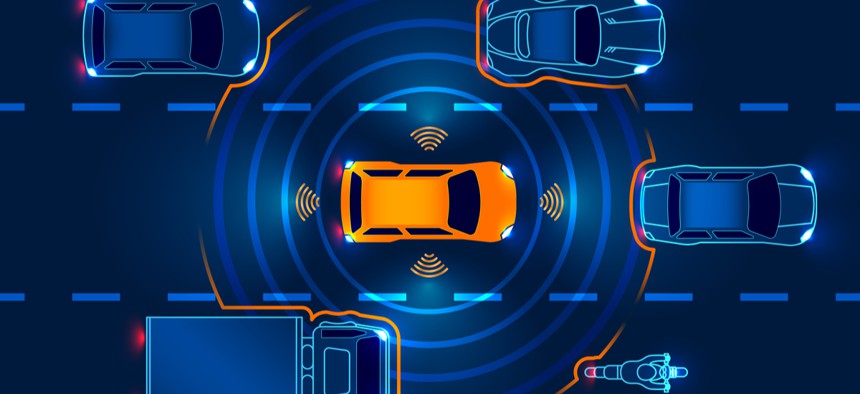Former Federal CIO: Artificial Intelligence Will Change the World

Andrey Suslov/Shutterstock.com
Applying the technology to raw data sets may help transform government IT projects, Vivek Kundra said.
A decade after serving as the nation’s first chief information officer, Vivek Kundra urges agencies to recognize that artificial intelligence is the world's next most transformative innovation.
“The breakthrough over the next 10 years—and I know it sounds like a buzzword—but it’s artificial intelligence,” Kundra said at the Cloud Security Alliance Federal Summit in Washington Tuesday. “We are all talking about AI and how it will change the world, and it will. And it already is.”
Kundra noted that the nation’s top AI scientists, working under the realms of both machine learning and data science, obtain salaries that can reach over a million dollars and the demand is only growing.
“The reason is that there is so much scarcity in the market and everyone is trying to figure that out,” he said.
During his time serving in multiple positions across the political landscape, Kundra noticed that local, state and federal governments were, “as they should be,” fixated on how to serve citizens more effectively, faster and in more predictive ways. He believes AI offers new building blocks that, when applied to raw publicly available data, will help America’s governments achieve that goal like never before.
Kundra mentioned, for example, how applying the nascent tech to health clinic data could help predict the performance of physicians and outcomes of the clinic. He also said applying artificial intelligence to the government’s many raw data sets could help feds reach stronger implementation around various IT projects.
“I think you are going to see the biggest transformation in technology. I think it's as big as when you think about what happened with the rise of internet and networking. There was just an explosion,” he said. “That is the future of AI in my mind.”
Kundra noted that because the success of AI rests on the utilization of large datasets, organizations can’t implement strong AI without the foundation of a strong cloud.
He also said that while “AI is the heart” of budding technologies around consumer experience and autonomous vehicles, one of the toughest issues society will grapple with going forward is ensuring that bias from its makers doesn’t infect AI. He explained the life experiences and unconscious biases of AI designers can unintentionally be translated into the AI, which could taint the tech as it makes decisions around data that it processes.
To combat this, Kundra said leaders should follow the precedent set by the National Institutes of Health when it rallied some of the world’s greatest thinkers to address the ethical issues around decoding the human genome.
“But I would argue that AI is even more serious and will have a much more profound impact as we think about the implications around ethics,” he said. In the not-so-far future, AI will make ethical decisions for autonomous vehicles. For example, if a self-driving car is approaching a stopped school bus too quickly, does it crash, swerve right and risk hitting a 90-year-old carrying groceries or take a left and risk hitting a recent college grad?
“Those are the kinds of values-based questions that we must contend with and we need to as we move towards an AI future faster than ever,” he said.
Still, he’s confident.
“The federal government and the innovators of federal agencies are going to show us the ways and in many cases, we are already seeing that,” Kundra said.






